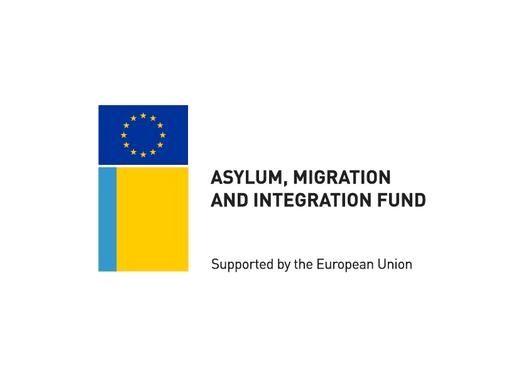Sexual and reproductive health of immigrants
Over half of the persons of foreign origin living in Finland are of reproductive age (15–49 years old), which makes it important to provide them with access to sexual and reproductive health services.
A person’s culture or language may not affect the equal implementation of sexual and reproductive health services.
Factors affecting the sexual and reproductive health of immigrants include the cause of migration, socioeconomic status, education, language skills, age, gender, sexual history, sexual orientation, family situation, and cultural and religious background.
Special characteristics of sexual and reproductive health
In the context of women with a foreign background, it is important to pay special attention to the monitoring of pregnancy, contraception counselling, family planning, and the promotion of the sexual rights of girls and women.
The survey on work and well-being among people of foreign origin (UTH) and the Migrant Health and Wellbeing Study (Maamu) discovered that, among certain immigrant groups, the number of children was high, use of contraception rare and terminations of pregnancy more common than among the mainstream population.
Contraception
Immigrant women use reliable contraception methods clearly less frequently compared to other population groups. According to the Maamu study, particularly women of Somali background rarely used contraception methods. Factors related to religion and customs may be connected to the use of contraception.
Monitoring pregnant women
Monitoring in pregnancy aims at safe completion of pregnancy and delivery. In Finland, pregnant women are referred to a free child health clinic or provided with equivalent monitoring. It is good to inform pregnant women that:
- they may take their spouse or some other support person to accompany them during delivery
- they may receive many kinds of pain alleviation during delivery
- the mother will typically spend three days at the hospital after the delivery
- a postnatal examination is given after the delivery
- the child’s growth and development is followed at a child health clinic
Deliveries
The share of women who have given birth is higher among women of foreign origin compared to the entire population of Finland. Women of Somali background have had the highest number of children.
Terminations of pregnancy (abortions)
While the share of terminations of pregnancy is somewhat lower among immigrant women compared to the population on the whole, the termination rates are clearly higher in certain immigrant groups. According to the UTH survey, pregnancy termination rates are clearly higher among women of Estonian background compared to the population of the same age on the whole.
Miscarriages
On average, women with Somali background experienced a higher number of spontaneous miscarriages compared to the population on the whole. This may be caused by a high number of deliveries, frequent pregnancies, and possibly high prevalence of overweight and obesity of different complications during pregnancy.
More information to support the work concerning the sexual and reproductive health of immigrants





